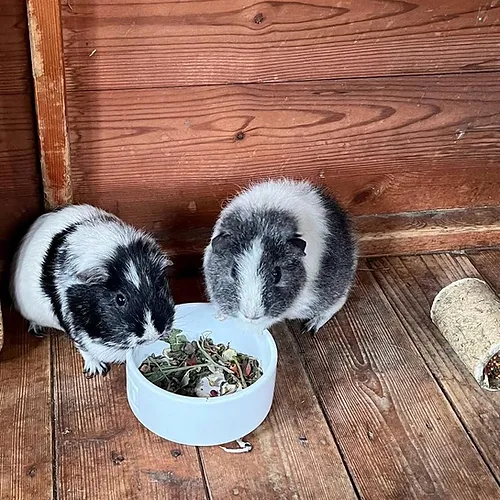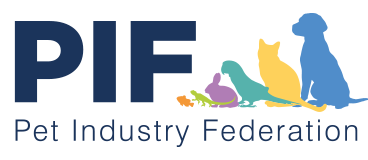Ultimate Pet Care Guide: Essential Tips for Every Pet Owner
Introduction: Welcome to First For Pets, where we’re dedicated to enhancing the lives of pets and their owners. This guide is packed with essential pet care advice, tailored to help you provide the best possible care for your animal companions across the board.
Dog Care Essentials:
- Exercise and Diet: Match your dog’s exercise to their breed and energy level and provide a balanced diet suitable for their age, promoting overall health.
- Mental Stimulation: Engage your dog’s mind with puzzle toys and regular training to prevent boredom and maintain mental sharpness.
- Health Checks: Ensure your dog receives yearly vet checks, keeping vaccinations up to date and monitoring for any health changes as they age.
Cat Care Tips:
- Litter Box Cleanliness: Keep the litter box clean and placed in a quiet, easily accessible spot to encourage proper use and prevent stress.
- Play and Scratching: Offer various toys and scratching posts to keep your cat entertained and allow natural behaviours like hunting and claw care.
- Veterinary Visits: Schedule regular vet visits for vaccinations, parasite control, and dental checks to catch and prevent health issues early.
Rabbit Welfare:
- Living Space: Provide a large, stimulating environment for your rabbits, allowing room for activities like burrowing and jumping.
- Diet: Focus on high-quality hay, supplemented with fresh vegetables and a small number of pellets, supporting digestive health.
- Companionship: Rabbits thrive in pairs or groups; ensure they have company to meet their social needs, preventing loneliness.
Guinea Pig Care:
- Company: Keep guinea pigs in pairs or groups to avoid loneliness, ensuring peaceful cohabitation.
- Vitamin C: Include Vitamin C-rich foods in their diet daily, along with unlimited hay, to prevent deficiencies.
- Clean Habitat: Provide a spacious cage with safe, dust-free bedding, and keep it clean to support a healthy living environment.
Chicken Keeping:
- Secure Coop: Build a secure, spacious coop with nesting boxes and perches, protecting chickens from predators and allowing natural behaviours.
- Balanced Diet: Feed a complete poultry feed and provide access to outdoor space for foraging to improve their diet and health.
- Health Monitoring: Regularly check your chickens for signs of illness and keep their living area clean to avoid disease.
Reptile Husbandry:
- Habitat: Accurately replicate their natural habitat conditions in the terrarium, including correct temperature, humidity, and UV light.
- Diet: Feed your reptile a species-appropriate diet, whether they are carnivorous, herbivorous, or omnivorous, to meet their nutritional needs.
- Gentle Handling: Introduce handling slowly, respecting their comfort levels and individual personalities to minimise stress.
Conclusion: Our pet care guide is designed to equip you with the knowledge to ensure your pets live happy, healthy lives. Sharing this information helps promote better care for pets everywhere. For more advice or information about our services, contact First For Pets. Let’s work together for the welfare of all pets.
Best Wishes, The First For Pets Team
The PDSA has some more helpful information too: https://www.pdsa.org.uk/pet-help-and-advice
If you want to know more about First For Pets and the services we offer, go to: https://firstforpetsuk.co.uk/our-services/









